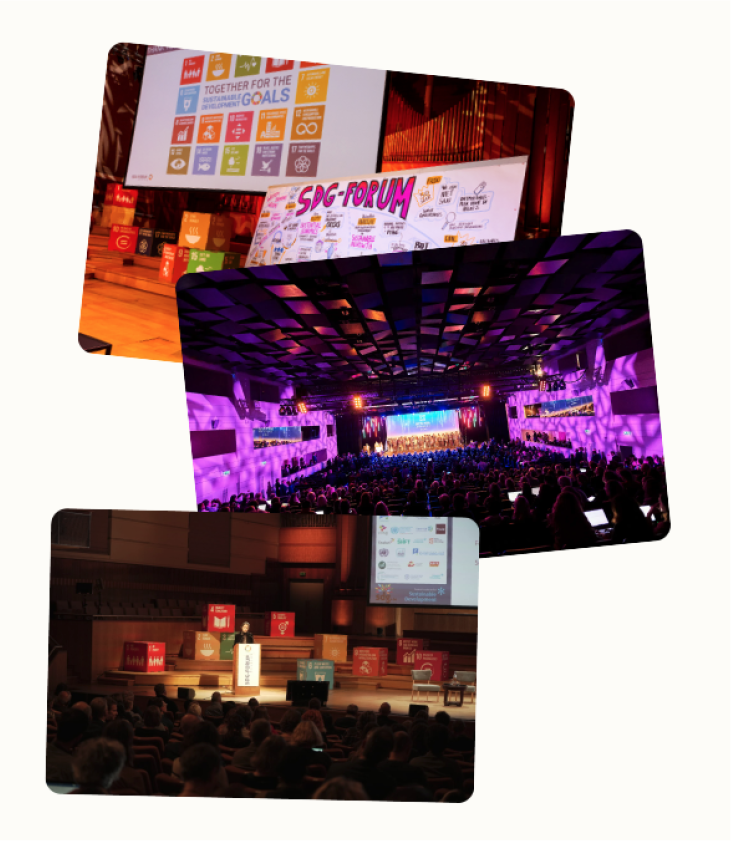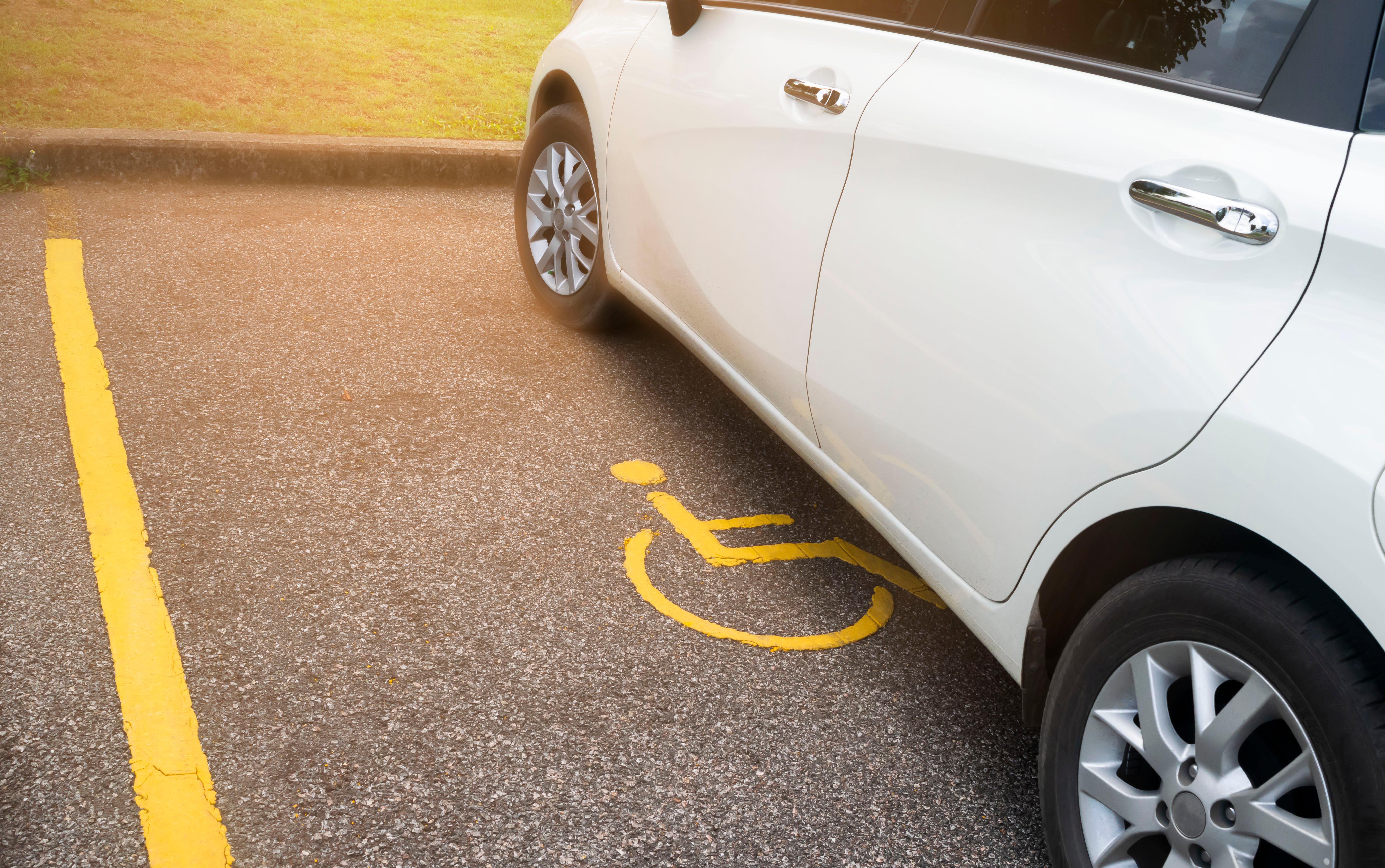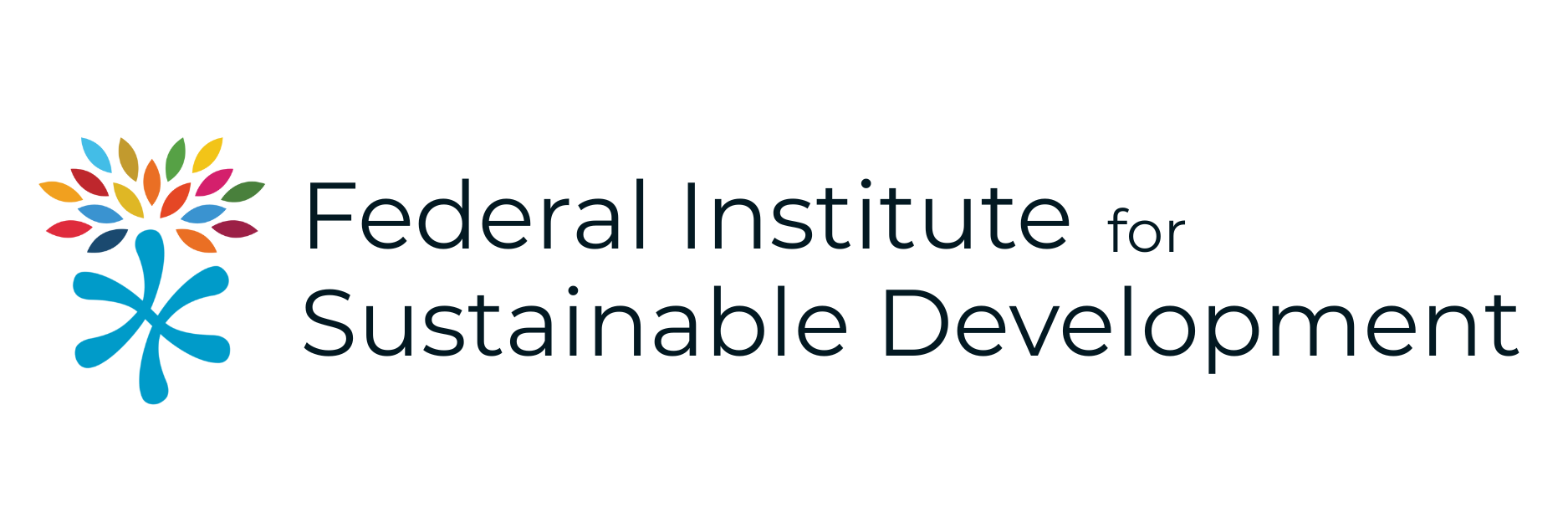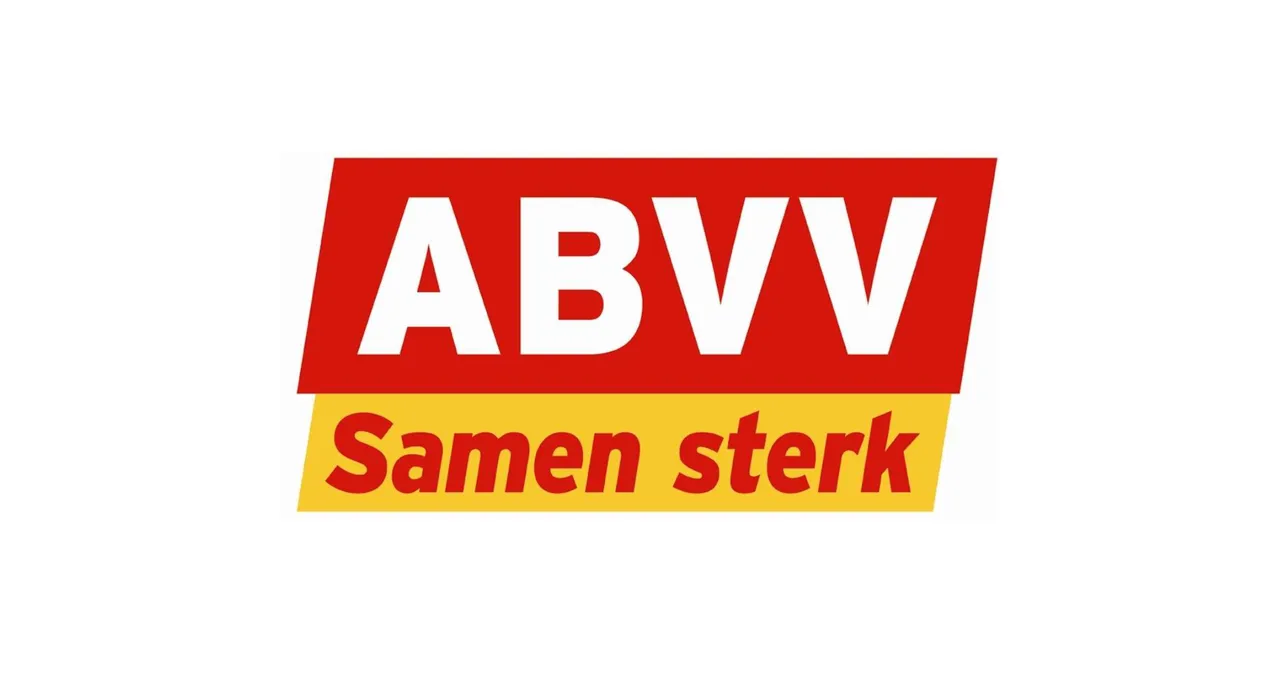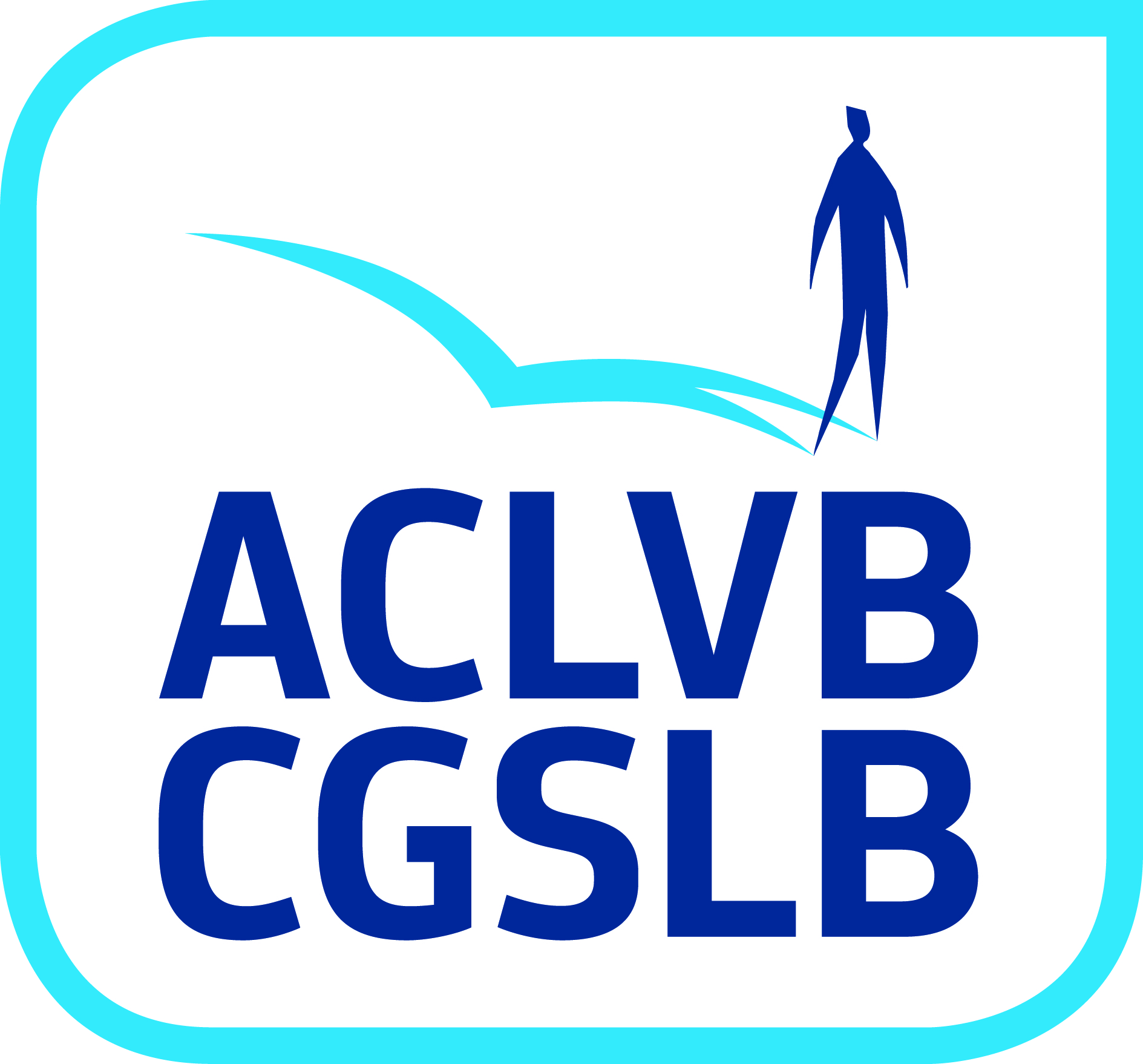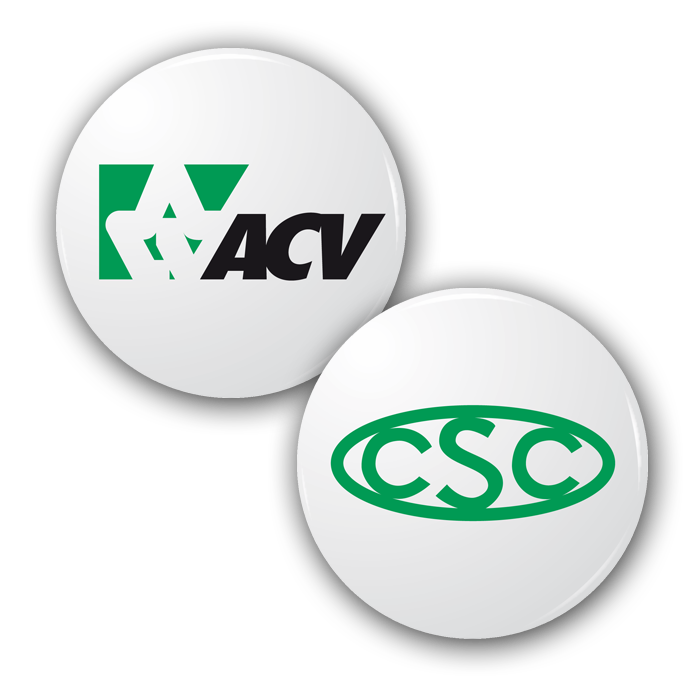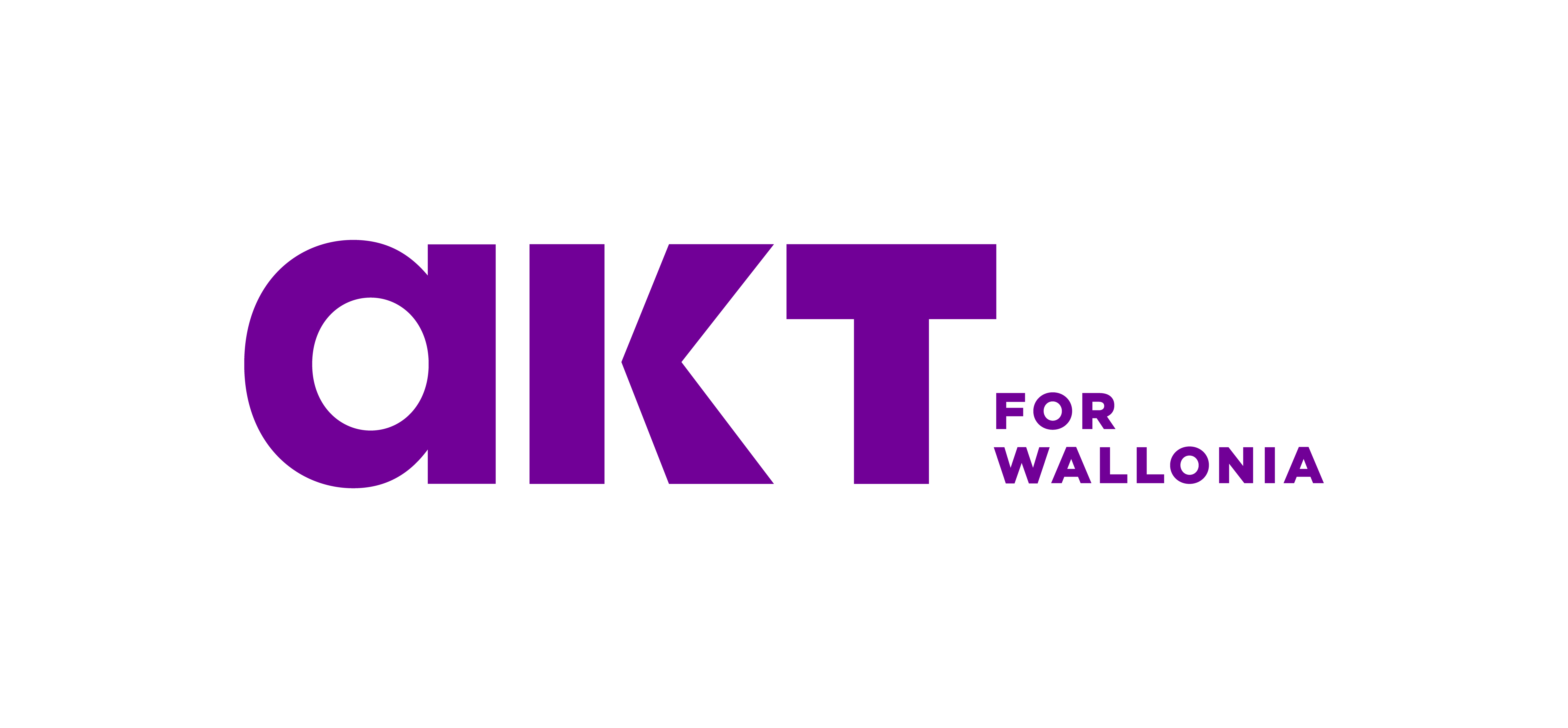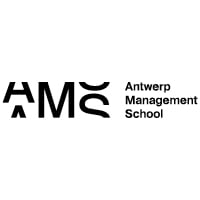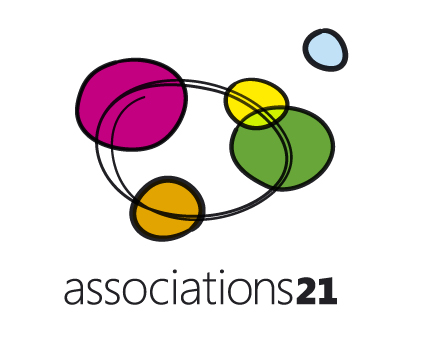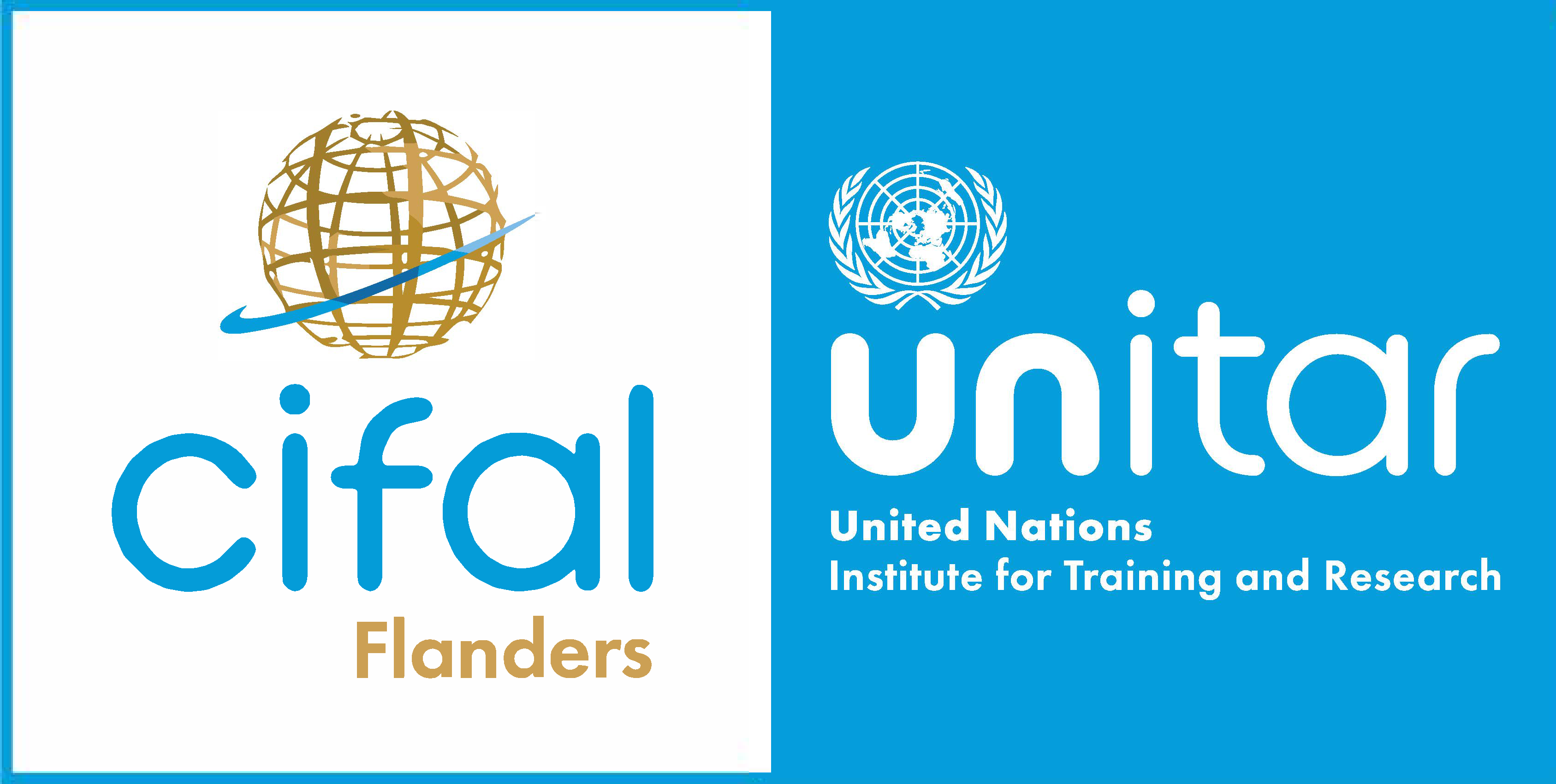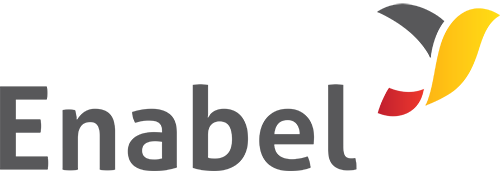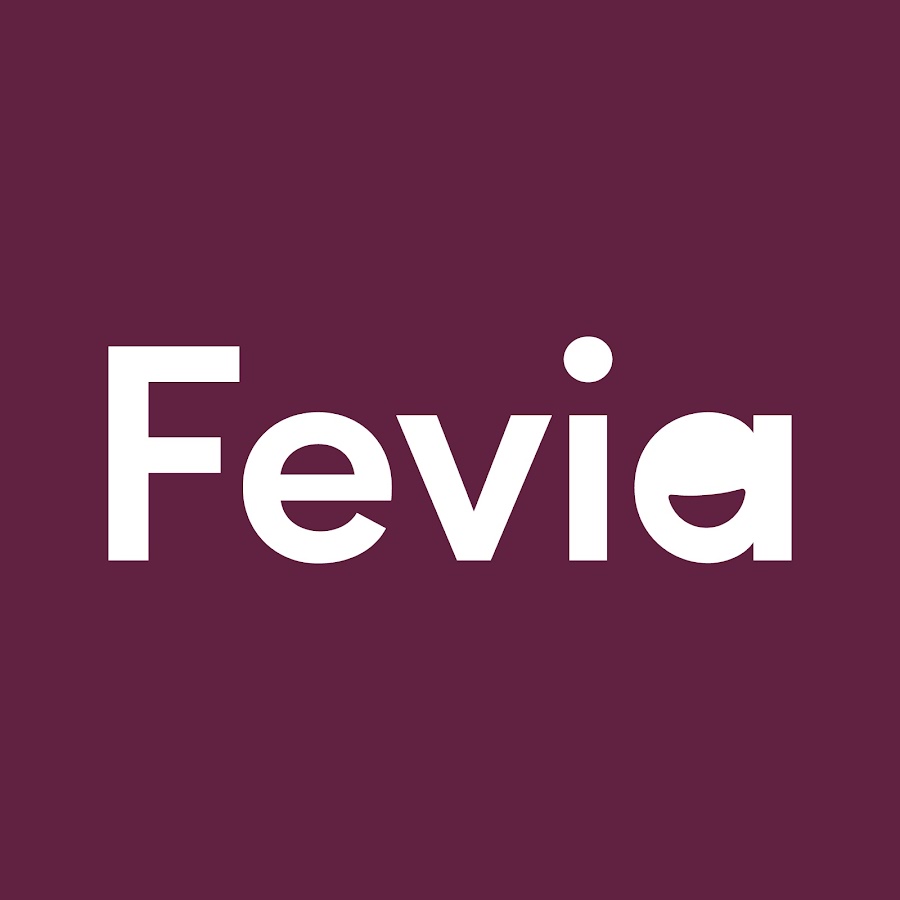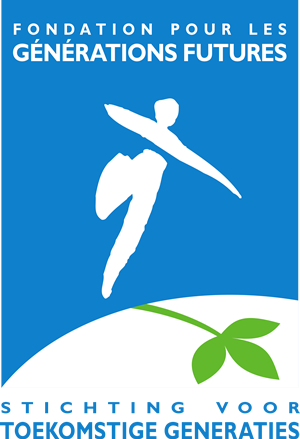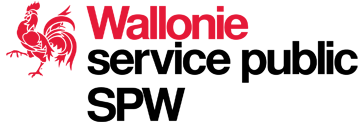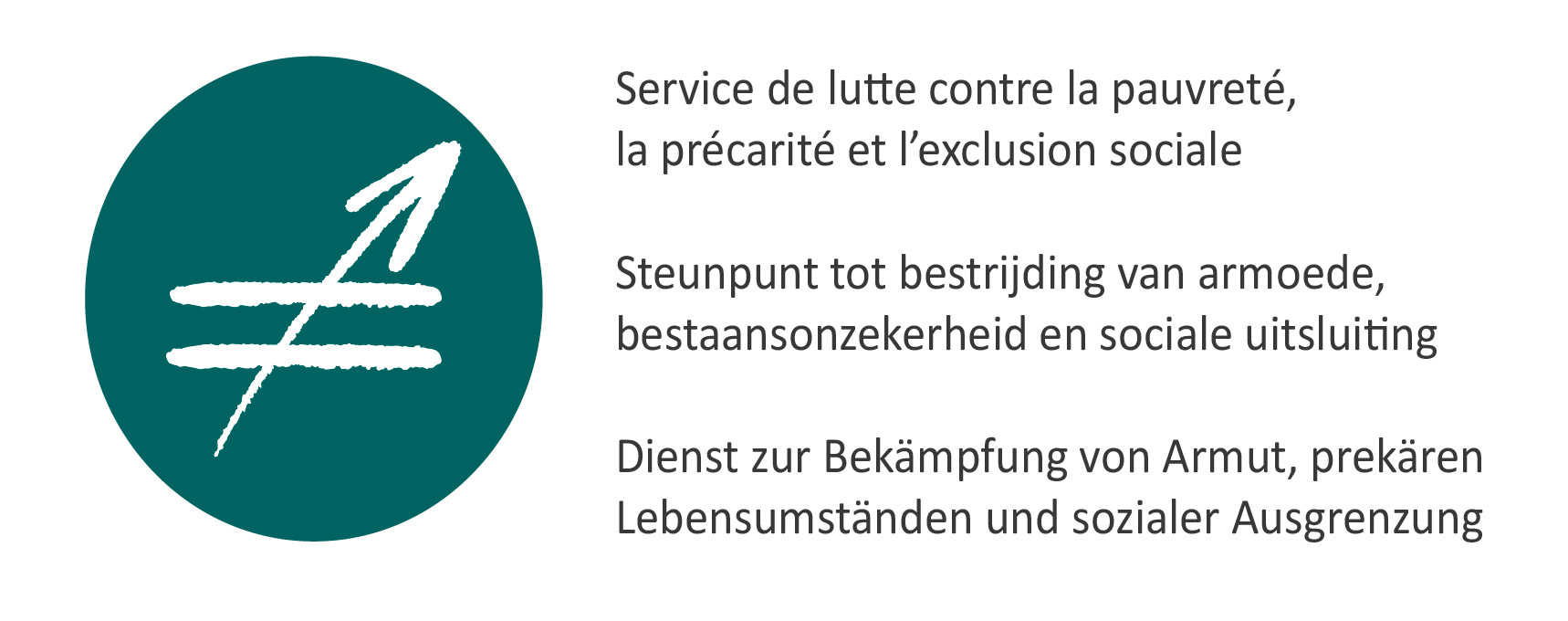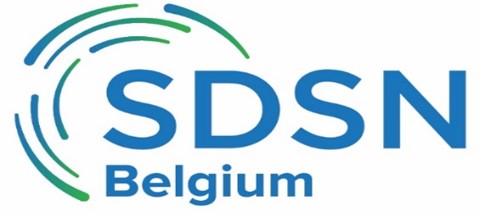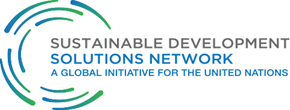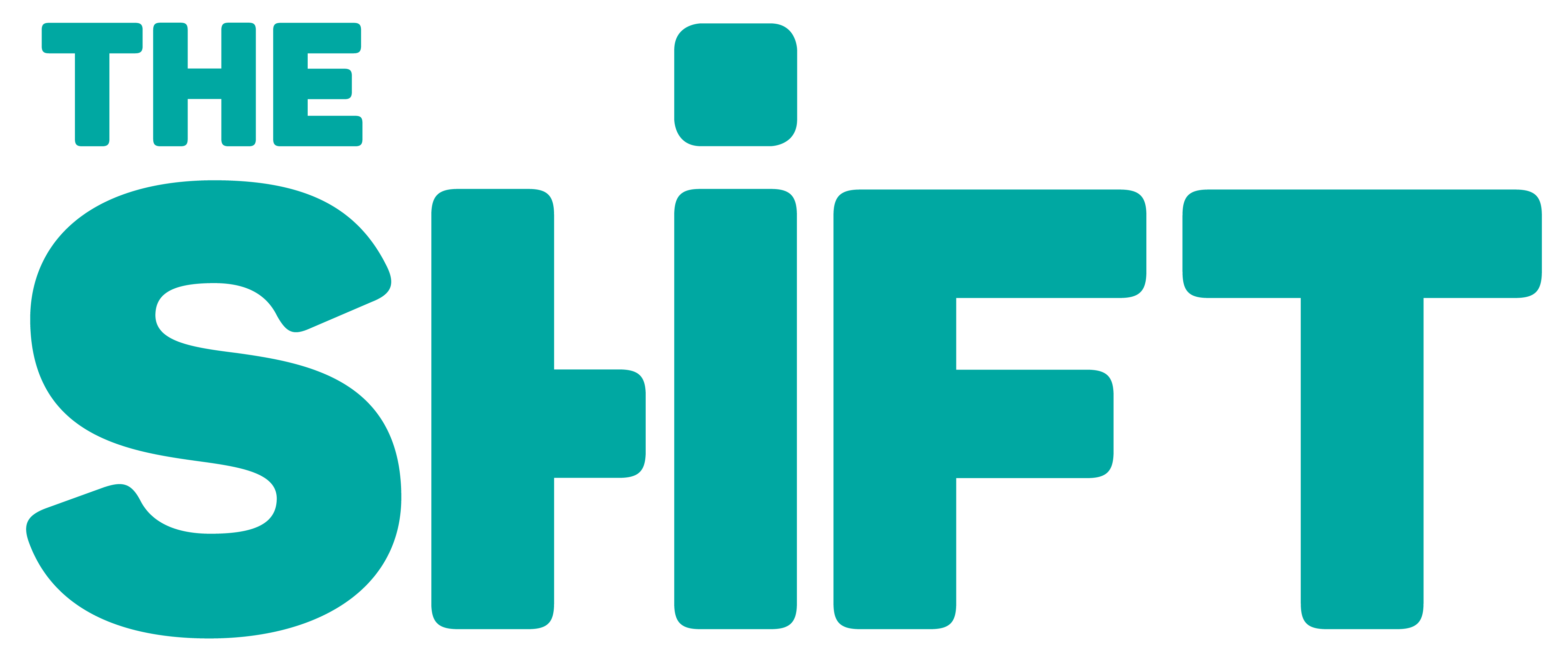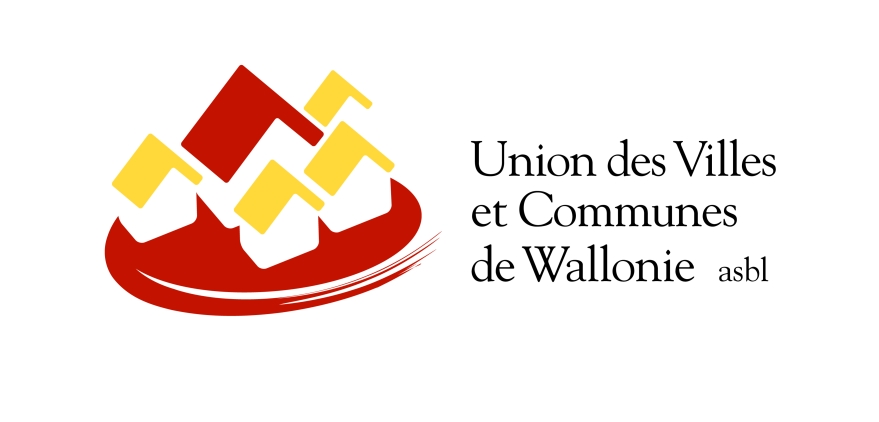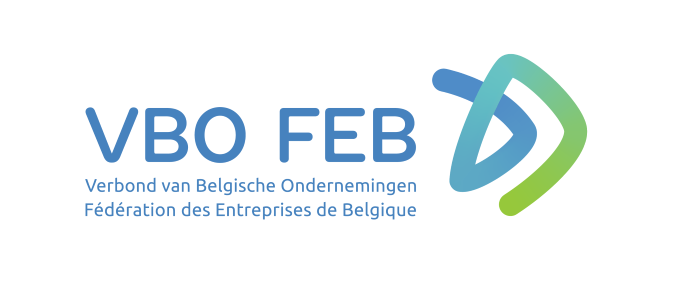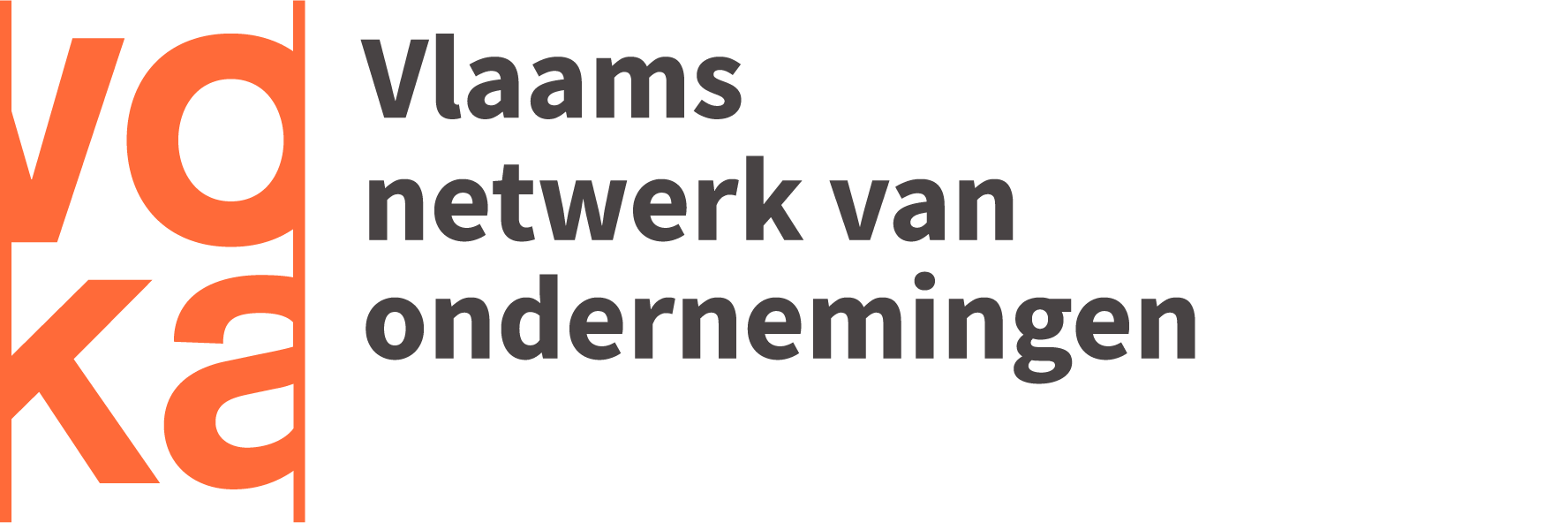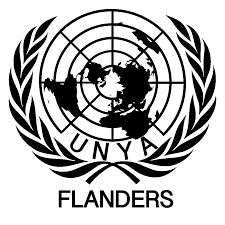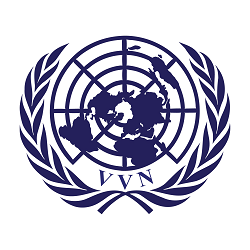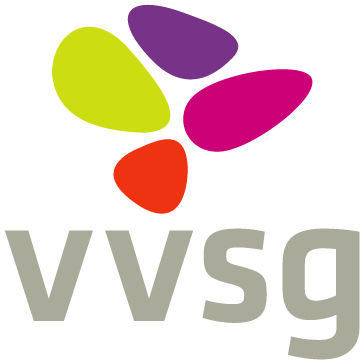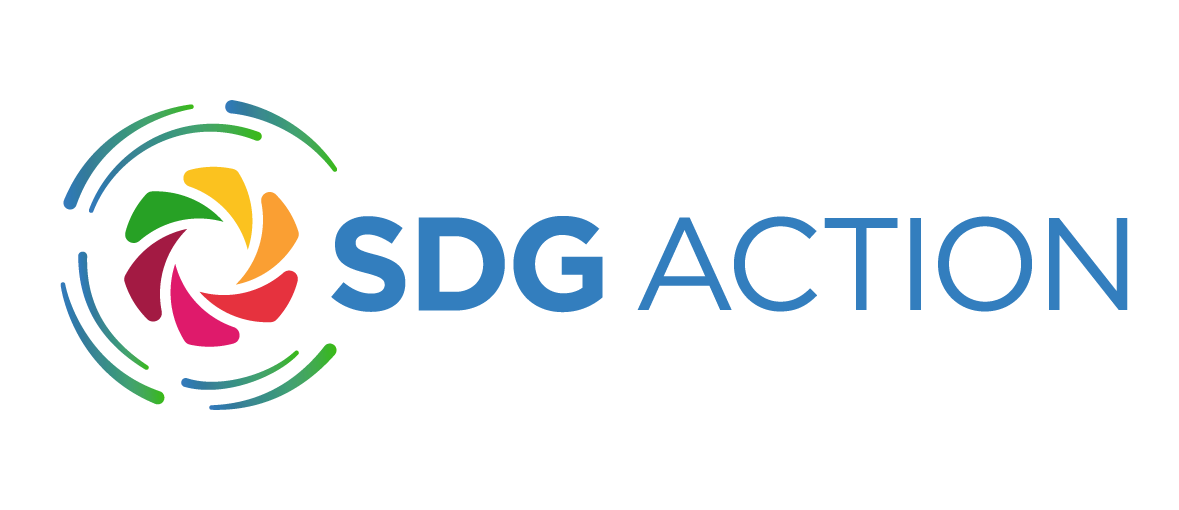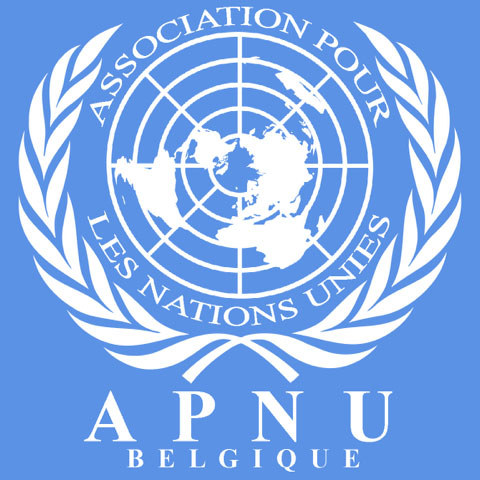THE SDGS: OF– FOR– BY EVERYONE
NOVEMBER 14, 2025 – Anniversary Edition: 10 years since the adoption of the 2030 Agenda
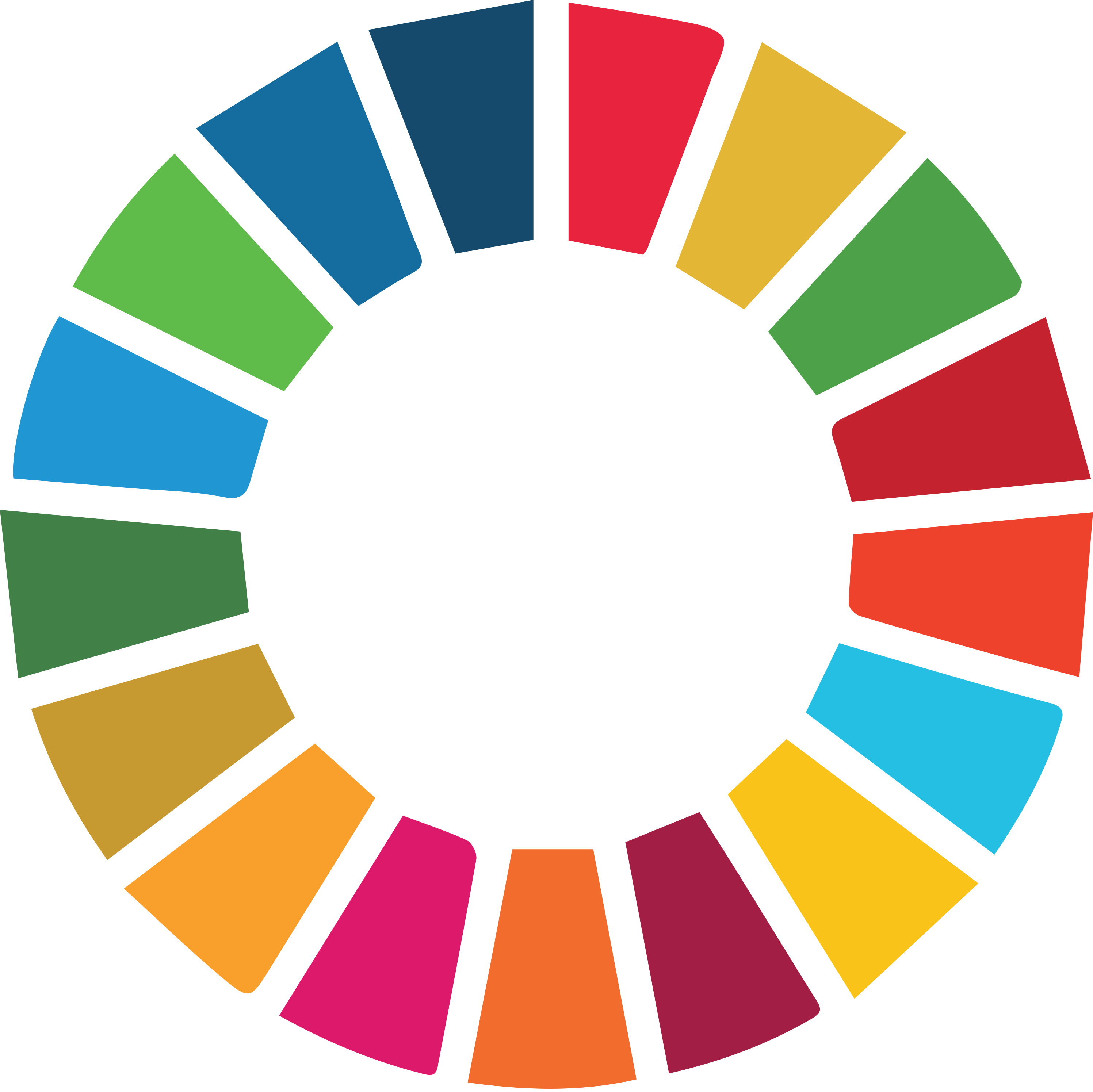
Aftermovie
PROGRAMME
WHAT CAN YOU EXPECT?
→ Plenary sessions with inspiring SDG-related talks.
→ 20 workshops on various themes such as SDGs and Education, SDGs and Finance, SDGs & Business, SDGs and local government, SDG and policy guidelines, etc.
The workshops are given in Dutch, French, English or a combination of languages. The workshop descriptions indicate the languages that will be used. Click on the workshop series to discover all the workshops.
14:00
FIRST SERIES OF WORKSHOPS
Making SDGs Relevant for the Young Workforce: Global Citizenship Education through Local Action
Organizer: Enabel (BeGlobal)
Languages: EN
Based on two case studies conducted in schools in Belgium and a literature review, this workshop offers inclusive educational approaches aligned with the principle of Leave No One Behind (LNOB), enabling every young person—regardless of their background or challenges—to become an active agent of change.
Scaling Impact: Incubation strategies to unlock the potential of MSMEs and advance the SDGs.
Organizer: Food and Agriculture Organization of the United Nations (FAO)
Languages: EN
This event will showcase how agribusiness incubation can unlock the transformative power of MSMEs to advance the SDGs, drawing on lessons from FAO’s work in Africa and Asia.
Leaving no one behind: Migration as a powerful driver for sustainable development
Organizer: International Organization for Migration (IOM) Belgium and Luxembourg
Languages: EN
The workshop will explore the link between migration and the SDGs through concrete examples, tools and lessons learned illustrating the accelerator impact which effective integration of migrants and mobility can have on attainment of the SDGs.
Inclusion as an asset for talent
Organizer: The Shift vzw
Languages: EN / NL / FR
Belgium Climate Risk Assessment (BCRA)
Organizer: CERAC
Languages: FR / NL
Ecosystem Thinking in Action: Accelerating Together on the SDGs
Organizer: Voka & IDEA Consult
Languages: NL
Together, we’ll combine your unique perspectives, explore unexpected connections, develop innovative solutions, and possibly sow the seeds for new partnerships.
SDG & Businesses: Facts and Myths about the Sustainable Transition
Organizer: VBO-FEB
Languages: EN / NL / FR
Citizen Dynamics at the Heart of Local Sustainable Development
Organizer: Union des villes et communes de Wallonie (UVCW) & Espace Environnement
Languages: FR
The impact of major cuts in development aid on the SDG’s. Are the rich countries making a big mistake?
Organizer: UNA Belgium (VVN - APNU)
Languages: EN
Discuss the negative consequences of big savings in aid programmes too quickly, such as increased inequality, weakened public services, and a shrinking space for civil society in the Global South, and whether this undermines the achievement of the SDGs.
10 Years of SDGs in Belgium: Where Do We Stand Today? — A Briefing by the Federal Planning Bureau & Panel Discussion with Civil Society
Organizer: FRDO/CFDD & FPB/BFP
Languages: NL / FR
15:00
COFFEE BREAK
15:45
SECOND SERIES OF WORKSHOPS
Mobility Poverty: Leaving No One Behind in a Sustainable Mobility Policy
Organizer: Interfederaal Steunpunt tot bestrijding van armoede, bestaansonzekerheid en sociale uitsluiting
Languages: NL / FR
Within the framework of climate policy, a strong emphasis is placed on sustainable mobility and transport. However, for people living in poverty or precarious situations, access to these mobility options is often far from evident — and frequently very problematic.
In this workshop, we will explore the barriers faced by these groups, as well as the opportunities for a sustainable mobility policy that leaves no one behind.
My Company Future-Proof
Organizer: Reset.Vlaanderen
Languages: NL
This workshop aims to provide insight into the motivations, experiences, and tools developed during a two-year project involving employee representatives and environmental organizations.
The project explored how employees can actively participate in shaping their company’s environmental and climate policies.
Experts’ Voices: What Lessons Can We Learn from 10 Years of SDGs?
Organizer: FRDO/CFDD
Languages: NL / FR
Municipal Cooperation for the 2030 Agenda Across Borders
Organizer: VVSG
Languages: NL
They take action for the SDGs, both within their own municipal boundaries and through international partnerships.
During this workshop, we will explore how — among others — city partnerships, public-private collaborations, and international urban networks can serve as successful strategies for achieving concrete sustainable impact.
Framing, feiten en narratieven rond migratie: VN-aanbevelingen voor informatie-integriteit
Organizer: UNRIC & IOM
Languages: NL
Participants will explore how to identify framings and narratives around migration to discuss the topic constructively, without reinforcing polarization.
They will also examine how to reach individuals in the “movable middle” — people with uncertain or conflicting opinions on social issues — and work together to develop ideas that strengthen civil society and promote the dissemination of reliable information.
UN Frameworks for Development in the Spotlight: What Do Trade Unions Take Away? How Do Policymakers Follow Up?
Organizer: CGSLB/ACLVB + CSC/ACV + FGTB/ABVV
Languages: EN / NL / FR
This workshop will address three of these frameworks:
- The World Summit for Social Development in Doha 2025
- Resource mobilization: the 2025 Seville Conference on Financing for Development, negotiations on tax treaties during the General Assembly, etc.
- The ILO’s tripartite work related to development and its financing
Lost in Transition: How Can SMEs Communicate Their Commitments to Sustainable Finance Stakeholders?
Organizer: Forum Ethibel
Languages: FR
We will explore, among other things, the importance of sustainability labels and the current lack of tools adapted to SMEs, which face realities that differ greatly from those of large listed companies.
Next, BetterBusiness will share their experience launching the ShiftingPact label: how a label designed for SMEs is built, how it aligns with the SDGs, and what objectives, challenges, and difficulties were encountered along the way.
Finally, a roundtable discussion will be held with certified SMEs, who will share their perspectives on the advantages and challenges, as well as the costs and benefits, of obtaining a label from a business standpoint.
People First! What Is the Right Place for Digital Technology?
Organizer: Associations21 + Lire et Écrire Bruxelles
Languages: FR
This workshop draws lessons from the mobilization campaign of Brussels-based social actors following the digitalization of public services, which accelerated between 2020 and 2022 due to the lockdowns.
Since then, the social challenge (ensuring access to public services for the most vulnerable) has intersected with environmental (pollution, resource depletion), ethical, and democratic issues: screen addiction, loss of control over technological development, and more.
Today, what is the rightful place of digital technology in our lives? How can we ensure access to rights and maintain social cohesion?
Sustainability and Business: How Belgian companies can accelerate SDG progress through innovation, locally and globally
Organizer: CIFAL FLANDERS
Languages: EN
SDG Business Ambassadors of the CIFAL-Voka PCA2030 Trajectory, UNIDO, and UN Global Compact will share concrete examples on how the SDGs are implemented to create long-term value for business and society. The goal: raising the bar for ESG leadership to become SDG-Proof.
And as a bonus: a preview of our new UN Training Centre in Brussels to open in January 2026.
Education and Sustainable Development: Inspiring Practices and Challenges Ahead
Organizer: Foundation for Future Generations
Languages: NL / FR
Based on field research, this presentation highlights promising practices as well as their limitations and areas for improvement.
Teachers, researchers, and education professionals will find inspiration here to enhance their approaches — in the classroom and beyond.
17:00
PLENARY SESSION WITH KEYNOTES
Reignite, refocus, rebuild: transforming SDG implementation in challenging times
Organizer: Camilla Brückner
Languages: EN
She will speak about the importance of international cooperation and the role of the United Nations in achieving the Sustainable Development Goals.
An evolutionary psychology of (un)sustainable behavior: A serious though at the same time somewhat lighthearted yet much-needed contribution to SDG discourse
Organizer: Lars Moratis
Languages: EN
He will offer both an academic and practical perspective on the role of psychology in sustainability, linking it to the SDGs — all delivered with a good dose of humour.
Closing speech
Organizer: Jean-Luc Crucke
Languages: FR / NL
18:30
RECEPTION & ENTERTAINMENT
20:30
END OF SDG-FORUM 2025
GETTING THERE
Glass Entrance, Mont des Arts, 1000 Bruxelles
ACCESSIBILITY
The Square Brussels Convention Centre is located on the Mont des Arts, in the heart of Brussels. Thanks to its central location right next to Brussels Central Station, the venue is easily accessible by public transport: train, tram, metro and bus all meet there.
PARTNERS
We sincerely thank all partners for their ongoing engagement, trust and enthusiasm in co-creating this 10-year anniversary edition of the SDG-Forum.
Sustainability
Green Energy
Renewable energy reduces the ecological impact of power consumption. The event venue is equipped with more than 700 solar panels and has switched to a new energy contract with a supplier that supplies only 100% green energy since 2023. Moreover, the caterer covers 50% of its energy needs by using solar energy.
Waste Management
To minimise waste, we apply the principle of reduce-reuse-recycle. We avoid using single-use disposable packaging and try to minimise the use of printed signage. If printed materials still need to be produced, they are made from recyclable materials, and we make sure they are reusable for future editions.
Transport
To avoid unnecessary transportation, we choose a location that already has a close infrastructure and strive for close cooperation with local suppliers to limit travel. We encourage the use of public transport, while cyclists have the option of placing their bikes conveniently at the event site.
Raising awareness
We raise awareness among our participants, employees, and suppliers by actively communicating our green philosophy. For the SDG-Forum, we partner exclusively with Square Brussels, a venue that embodies sustainability at every level of its operations. Square holds both the ISO 20121 certification for sustainable event management and the Brussels Ecodynamic Label, recognizing its strong commitment to reducing environmental impact.
Sustainable food
With the goal of reducing the ecological impact of the SDG-Forum, we serve exclusively vegetarian food and use seasonal, local produce from the organic sector, certified by Certisys.
No food waste
By having participants sign up for specific parts of the programme, we can accurately estimate demand, and any surplus food will be collected by Alpaca Solutions and donated to those in need.
Diversity & Inclusion
We aim to make the SDG-Forum accessible to all, with support from the Flemish centre of expertise for accessibility, Inter, and a trained host team for people with reduced mobility, and participants can specify specific needs in advance.
Measuring our impact
To measure the concrete impact of the SDG-Forum, we conduct a carbon calculation. For this reason, we ask participants to provide information about their mode of transport and kilometers travelled. By mapping CO₂ emissions, we aim to compensate them and further reduce them annually.
CONTACT
Contact information
